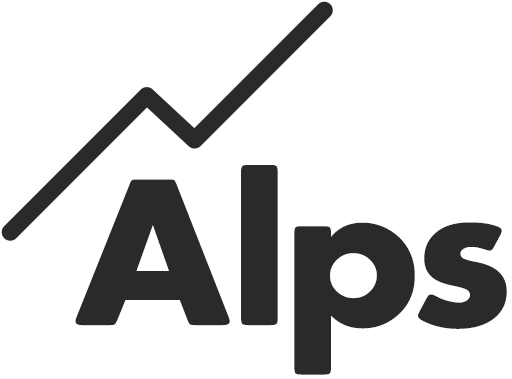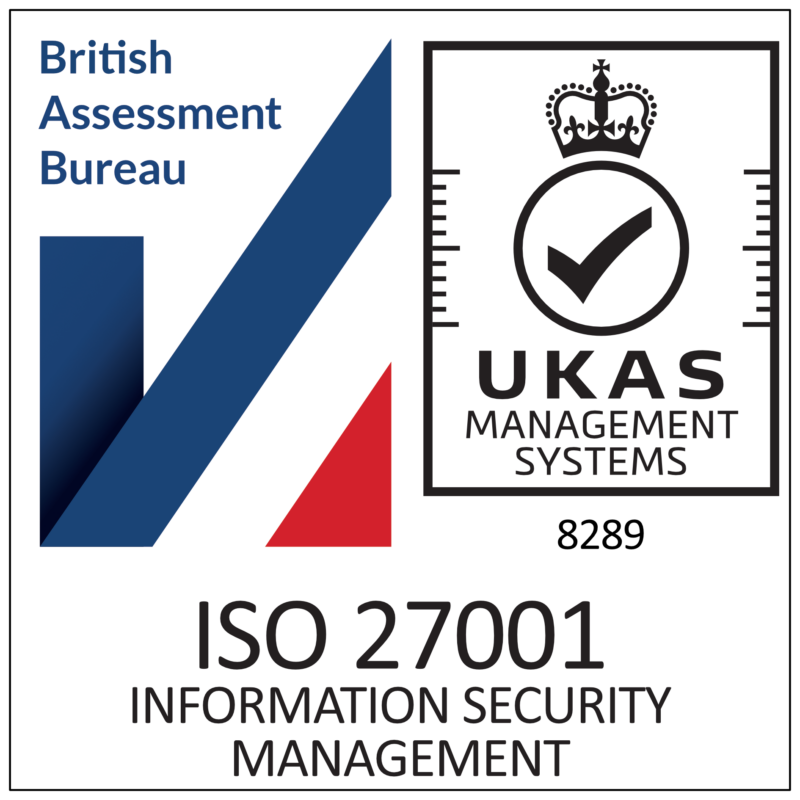Important: If you are monitoring or target setting at KS4 please read this blog
Changes to our KS4 Standardised Scaled Scores bands
We updated our KS4 scaled score bands in February 2021, adjusting these to reflect noticeable changes in scaled scores awarded by cohort between 2016 to 2019. The new bandings have been updated in Connect Interactive. Below is more detail on the updates and the reasoning behind these.
If you are using Alps at KS4 for monitoring this year, the updates may have impacted on your MEGs for your current Year 10 and Year 11 students. Please check these. The updates will assist you in being as accurate as you can in your assessments for the gradings this summer.
Changing landscape and changing expectations
As you are aware, students awarded standardised KS2 scores (80-120) have not yet gained KS4 qualifications. The first cohort to do so will be current Year 11 this summer. There are no AT8 estimates showing how students with these KS2 scores might be expected to achieve at KS4.
In anticipation of the shift to scaled scores, we responded to the challenge schools will be facing in 2020.21 by thorough analysis of the national distribution of KS2 scaled scores 2016-2019. Our aim was to provide a robust comparison between the proportions of students to have traditionally achieved each KS2 sub-level (e.g. 4a, 4b, 4c) and those achieving scaled scores to provide schools with a secure baseline to measure progress from in 2020.21.
In order to create a robust KS4 banding model, all four years of available scaled scores from the national data set were included. We then set MEGs for each band based on an aggregated scaled scores dataset with outcomes based on the national KS4 results in 2019.
Standard Alps practice is to generate new benchmarks based on national outcomes and this was planned for those with the first scaled scores in 2021.
A rapidly changing landscape in 2020.21
Following the announcement at the start of the Spring Term that all examinations have been cancelled, the Secretary of State and Ofqual have committed to the principle that grades in 2021 should be ‘determined by teachers assessing the performance of their students.’
Whilst we wait for the precise details of this process to emerge from the Ofqual / DfE consultation that closed on 29th January, we have taken the decision to review the rationale for our banding structures. In this context we took the following into account:
- Grades will be awarded through teacher assessment rather than examined in 2021.
- Although the KS2 results have been standardised nationally each year, the scores achieved by the 2016 cohort (current Year 11) were slightly lower than those achieved by subsequent cohorts.
- In the absence of national dataset from the DfE in 2020, we will continue to use the 2019 national dataset.
Table 1 (below) shows the standardised scaled score in each of 2016-2019 mapped against the existing Alps fine levels bands for previous cohorts.

Analysis of the scaled score banded profile indicates that for the 2016 cohort (current Year 11) the average scaled scores for each band are typically 1.0-1.5 lower than subsequent cohorts.
Due to the unique nature of the current context, we remodelled the bands to align more closely the scaled scores for each specific year group with fine grades, given that we are using the 2019 national data.
The impact of re-banding students based on just the 2016 national scaled score set compared to the model employing the average of 4 years of scaled score data is outlined in table 2 (below).

Comparison of the two banding models indicates that there is overlap between bands and in many cases, the MEG for students remains unchanged. However, particularly for students in the higher bands, the model based on the 2016 data set would mean that some students would have a higher MEG compared to the 4-year average model.
Therefore, we have taken the decision to update the banding model based only on the scaled scores of the national cohort for individual academic years. This will apply to all Key Stage 4 cohorts.
We have replicated the approach for scaled score outcomes in 2017 and 2018 shown in table 3 (below).


